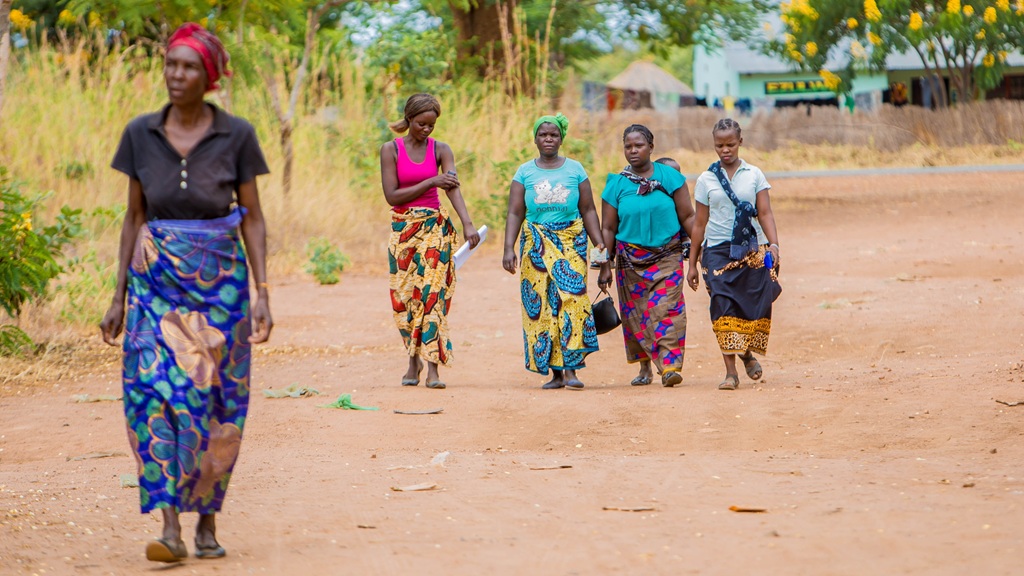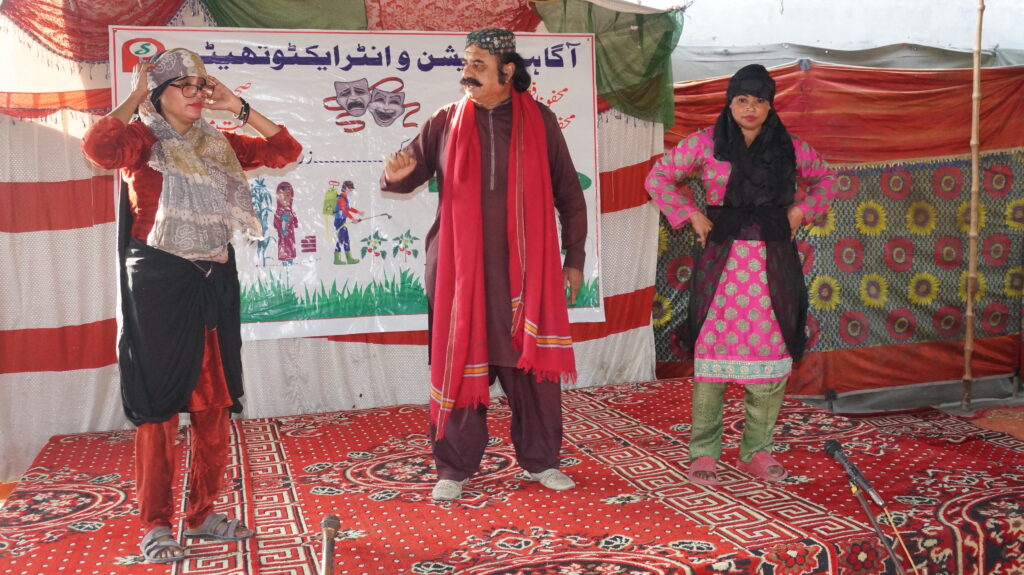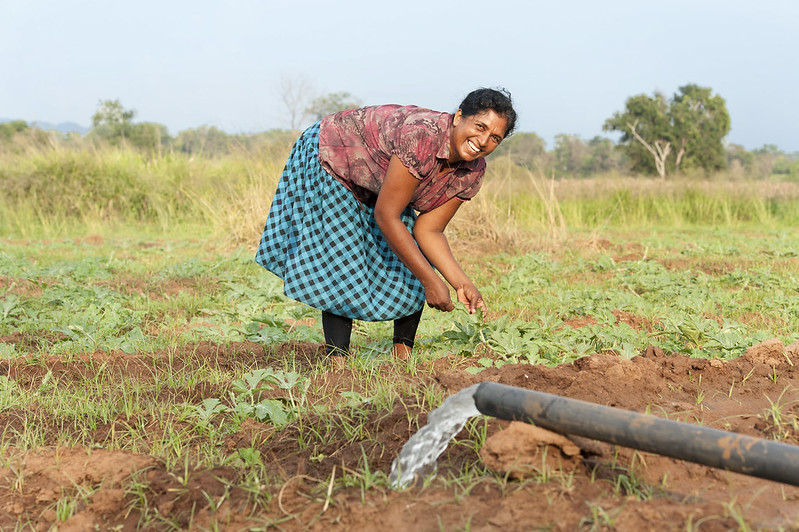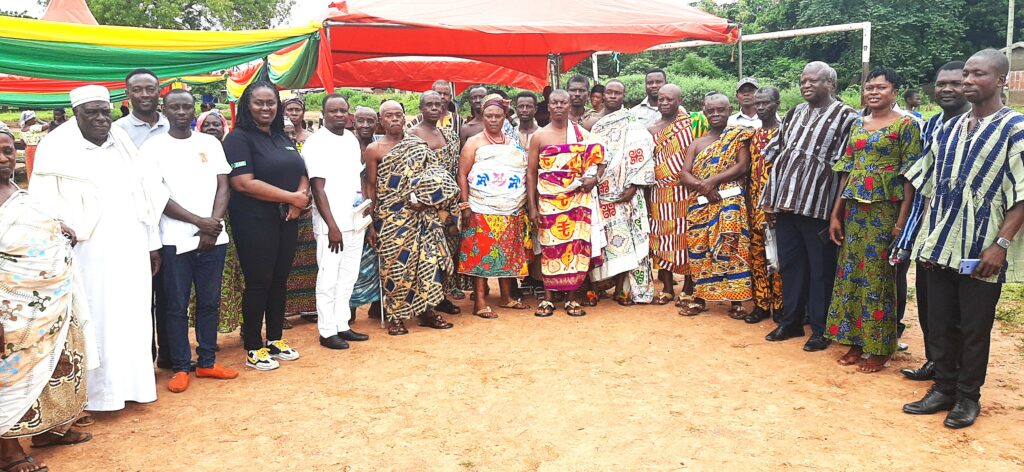Empowering women farmers through Gender Technical Working Groups
How PlantwisePlus is championing gender equality in agriculture through GTWGs Gender Technical Working Groups play a vital role in advancing equality in rural communities. Women in villages often have less access to knowledge, resources and power than men. They are less likely to be able to attend agricultural training. In addition, many struggle to secure…
CABI calls for gender equality for rural women in Pakistan
Every year, Rural Women’s Day is celebrated on 15 October. It recognizes the valuable contributions that women living in rural communities make to agriculture, food security and rural development. In Pakistan, this is important. According to Relief Web, Pakistan’s total female population is over 101 million. However, around 64 million women – more than half…
Gender equality and youth inclusion: ten focus areas for impact
UN Women recently published The Gender Snapshot 2024. While the report highlighted some positive developments, no indicator under SDG Goal 5, Gender Equality, has been achieved. Women comprise around 43% of the agricultural workforce in low- and middle-income countries. However, their responsibilities and capacity are too often diluted by gender inequalities. Breaking down the barriers to women…
Empowering women farmers in Ghana: Introducing the gender handbook for extension agents
At 42%, women form a large and important part of the global agricultural work force. In Ghana, this figure is even higher. Here, women make up 52% of the labour force and produce 70% of food crops. However, gender norms and stereotypes often prevent them from fully participating in decision-making on family farms. This impacts…
Empowering women farmers with digital tools in India
In India, 59 per cent of women work in agriculture. This workforce is vital to the country’s rural economy, with women performing many of the big farming jobs, such as planting, weeding, tending, and harvesting crops.










